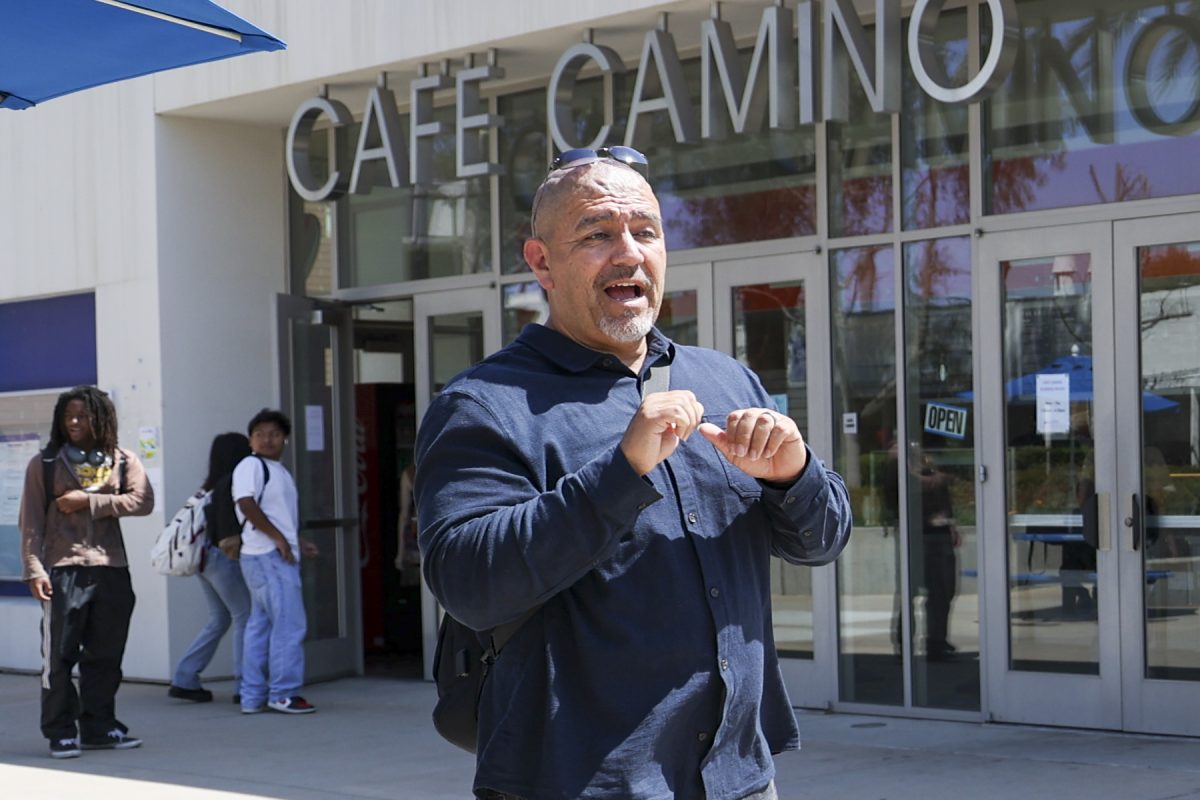One second, winter session is back and the next second, it might be out once again.
Recently, the administration has been going back-and-forth whether winter session should be included in the calendar.
A year ago, after the winter session was canceled, students and faculty voiced their opinions about wanting to have them through public forums and petitions
“We need to develop a calendar for the 2012-2013 school year,” Jeanie Nishime, vice president of Student and Community Advancement, said. “Two calendars are being proposed, one that has winter, and the other one that has no winter with back-to-back summer sessions.”
With various reasons as to why winter session is up for debate once again, Nishime said she could not go into too much specifics as the negotiation process has just started.
“Part of it are budget reductions forcing us to cut more classes,” Nishime said. “That’s why majority of the cuts proposed are coming to winter and spring.”
Two weeks ago, the Calendar Committee met again after going back and forth the last year about making changes to winter session.
Christina Gold, Academic Senate president, said that the administrators have changed their reasons as to why they want to make changes to the calendar.
“When (the administration) initially introduced it, the administrators said the winter session disrupted things,” she said. “When we asked if it was budget, the administration said no and that it was cost-neutral.”
According to the overall success rates and retention rates for 2010, winter was the most successful session at an 84.3 percent success rate and a 92.2 percent retention rate. Spring session has been the most unsuccessful at a 67.2 percent success rate and an 81.2% retention rate.
Gold said that although the administration said that not having winter saves money, she has not seen how the money would be saved.
She added that the reserve fund which has been in question by the students and faculty, have been steadily increasing over the years and that the fund should be used to create more sections.
According to a report by the Academic Senate, the reserve fund was a little over $5 million in 2005. As of this year, the reserve fund is now about $23 million.
Nishime said due to EC being frugal in its spendings, the reserve fund has been on a rise.
“It really started rising when the partnership with Compton College began,” Nishime said. “We make $4 million a year from Compton. We do have plans to spend (the reserve fund) in the near future.”
Students, including Nick La Croix, 35, music major, are already scrambling for classes due to the recent number of budget cuts which have impacted the number of sections offered.
“It would upset me a little bit,” La Croix said. “I want to hurry it up and make it happen. No one wants to wait another semester. Potentially, a third of our time can be wasted due to budget cuts.”







